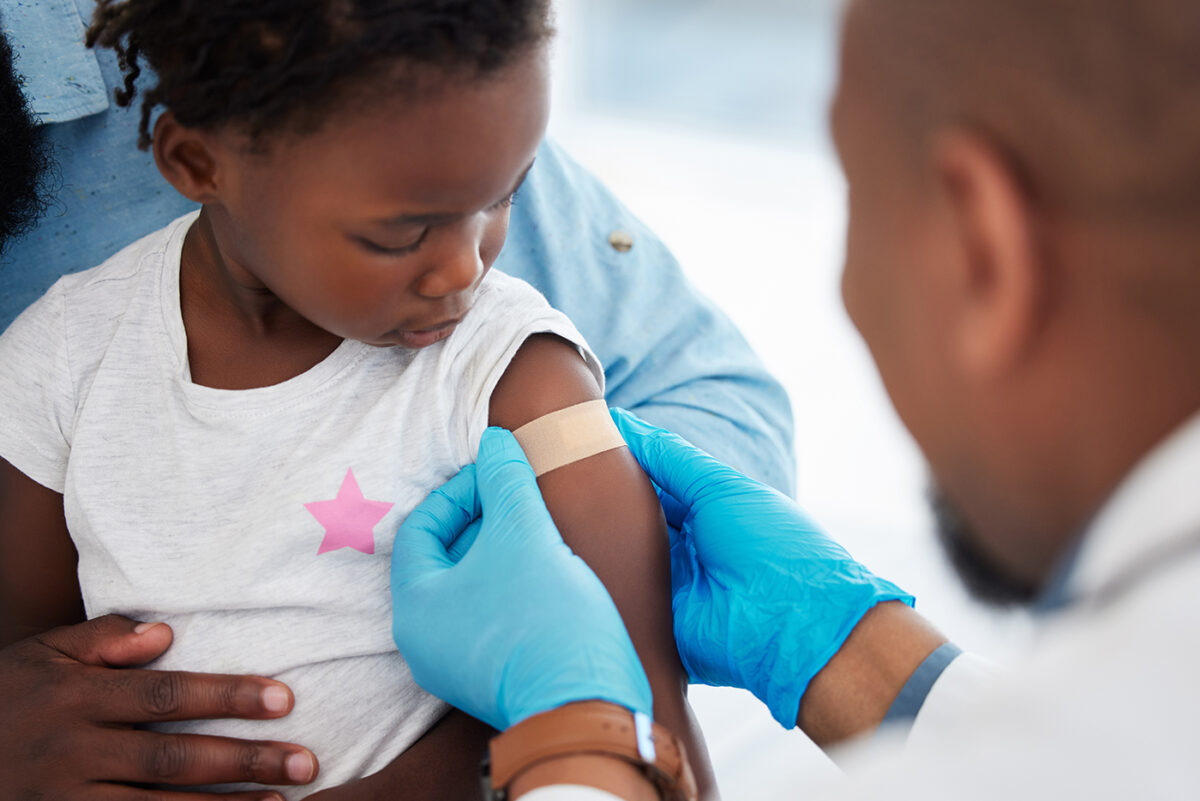Low rates of adult dental care and high rates of premature deaths from treatable causes push Arkansas near the bottom of the states in a new health rankings report.
Arkansas receives an overall ranking of 47th out of the 50 states and the District of Columbia in The Commonwealth Fund’s 2023 Scorecard on State Health System Performance. Arkansas was ranked 44th in the 2022 scorecard, although that report included several COVID-19-specific measures that are not included in this year’s report.
Regionally, Arkansas is ranked 10th among 12 Southeastern states. It was also ranked 10th in the 2022 scorecard.
The 2023 scorecard provides state-by-state rankings for 58 health indicators across categories related to access and affordability, prevention and treatment, avoidable hospital use and cost, healthy lives, income disparity, and racial and ethnic health equity. The rankings are based on the most recent year of data available for all measures. New to this year’s report are 12 measures evaluating state performance on reproductive care and women’s health.
Measures contributing to Arkansas’s low overall performance include the percentage of adults without dental visits (ranked 51st, the worst of all states and the District of Columbia), the number of adults who have lost six or more teeth (ranked 50th), and premature deaths from treatable causes (ranked 50th). An ACHI report offers additional detail on dental access challenges in Arkansas.
The scorecard also notes measures in which Arkansas has worsened compared to data from past years, including:
- Premature deaths from preventable causes (135 per 100,000 people in 2020-2021 compared to 122 per 100,000 people in 2018-2019).
- All-cause mortality rate per 100,000 women ages 15-44 (188 per 100,000 women in 2021 compared to 121 per 100,000 women in 2019).
- Central-line-associated bloodstream infections (1.144 standardized infection ratio in 2021 compared to 0.782 standardized infection ratio in 2019. The standardized infection ratio compares the number of infections reported by hospitals to the predicted number, adjusting for key risk factors).
Arkansas receives its best rankings for the following measures:
- Employer-sponsored insurance spending per enrollee (ranked 1st, meaning Arkansas’s insurance is the least expensive).
- Adults with any mental illness who did not receive treatment in the past year (ranked 5th, meaning Arkansas has one of the lowest rates).
- Severe maternal morbidity (ranked 6th, meaning Arkansas has one of the lowest maternal morbidity rates per 10,000 in-hospital deliveries).
Arkansas ranks below the national average in nine of the 12 measures related to reproductive and women’s health. Measures in which the state receives its lowest rankings in this category include:
- Infant mortality (ranked 49th among the 50 states and the District of Columbia, meaning Arkansas has one of the highest mortality rates).
- Percentage of new mothers who did not begin receiving prenatal care in the first trimester (ranked 48th, meaning Arkansas has one of the highest percentages).
- Percentage of preterm births prior to 37 weeks of pregnancy (ranked 46th, meaning Arkansas has one of the highest percentages).
- Breast and cervical cancer deaths (ranked 46th, meaning Arkansas has one of the highest death rates).
ACHI has launched a new webpage focused on maternal and infant health, featuring an infographic depicting what a birthing journey for new mothers should be to achieve better maternal and infant health outcomes.
Measures in which Arkansas has improved compared to past years’ data include:
- Preventable hospitalizations (4 per 1,000 employer-insured enrollees in 2021 compared to 7 per 1,000 employer-insured enrollees in 2019).
- Potentially avoidable emergency department visits for adults age 65 and older (143 per 1,000 Medicare beneficiaries in 2021 compared to 191 per 1,000 Medicare beneficiaries in 2019).
- Adults who went without care because of cost in the last year (26% of adults in 2018–2019 vs. 22% of adults in 2020–2021).
Other notable measures in which the state has worsened compared to past years’ data include:
- Children without all recommended vaccines (32% of children in 2021 compared to 26% of children in 2019).
- Drug overdose deaths per 100,000 people (22 per 100,000 people in 2021 compared to 14 per 100,000 people in 2019).
- Children who are overweight or obese (37% of children in 2020-2021 compared to 34% of children in 2018-2019).
This year’s scorecard also includes state racial and ethnic health equity rankings. These measures reflect racial and ethnic disparities in Arkansas among minority populations. Key insights from this section include:
- Black Arkansans experience a mortality rate from preventable causes that is nearly double the national rate, with 405 deaths per 100,000 people in Arkansas compared to the national average of 232 deaths per 100,000 people.
- The mortality rate for Black infants in Arkansas is double the national average and the highest among all racial and ethnic groups in the state, with 10.9 deaths per 1,000 births in Arkansas compared to 5.4 deaths per 1,000 births nationally.
- Almost half of all new mothers among Asian American, Native Hawaiian, and Pacific Islanders in Arkansas did not begin receiving prenatal care in the first trimester (47% in Arkansas compared to the national average of 22%).
- More than half of Hispanic people in Arkansas ages 50-74 have not received a recent colon cancer screening test (58% in Arkansas compared to the national average of 28%).
The full report for Arkansas is available on The Commonwealth Fund’s website. A discussion of the 2022 findings for Arkansas can be found on our website.







